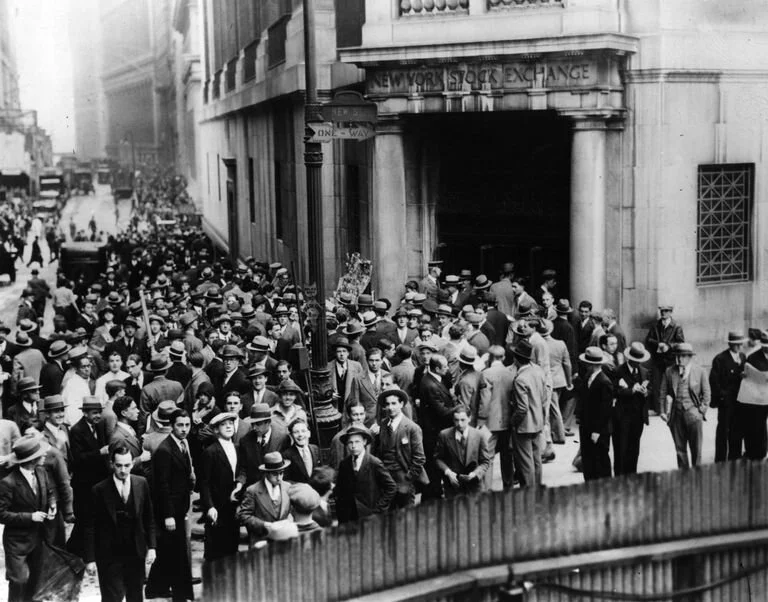Young people shouldn’t have to choose between living in the place they grew up and pursuing a prosperous life.
Read MoreNeighborhoods don’t have to wait for distant gatekeepers to turn on the spigot of money and attention. Here’s a tool that can provide a homegrown pathway to economic development.
Read MoreEconomic development as a zero-sum game leads to cities racing each other to the bottom. It’s time to embrace instead a perspective on economic development that leads to broad wealth creation and productivity.
Read MoreWith more work going virtual, small towns and mid-sized cities have an opportunity to attract new residents. Here are 6 tips to help communities start attracting and retaining talent.
Read MoreFive key issues illustrate the difference between the typical top-down approach to economic recovery and the bottom-up, Strong Towns approach.
Read MoreTowns and cities whose economies relied on tourism are in major trouble. Even when the economy recovers, these places won’t soon go back to business as usual. Nor should they.
Read MoreWe’re getting another strip mall out on the edge of town, right next to the half-occupied strip mall built in 2007 before the last financial crisis.
Read MorePlacemaking is about making your city livelier and better connected. It’s also a powerful economic strategy. And right now is the time get serious about it.
Read MoreSome are saying COVID-19 will lead to a “suburban renaissance.” We’re not buying it. But there are some places that might become more popular in a post-coronavirus future.
Read MoreEvery city will feel the economic impact of the coronavirus crisis. But which cities are likely to feel it worst and longest?
Read MoreIf we want a Strong Town, we must stop tilting the playing field against the small businesses, against the local entrepreneur.
Read MoreLocal communities have been induced to sacrifice their own stability in order to pursue growth. We now need to stabilize our places with a Strong Towns approach.
Read MoreA street cart, food truck, or pop-up stall is the lowest possible bar to entry for an entrepreneur with a dream. As this kind of retail blossoms in our cities, let’s make sure we don’t kill the golden goose by imposing too much order on a phenomenon that thrives on a little bit of chaos.
Read MoreLatinos are the largest ethnic group in a state with the world’s fifth-largest economy. And yet it’s increasingly difficult for Latinos to achieve the California Dream. Rebuilding an entrepreneurial and middle class is a complex problem, but it’s not that difficult to solve.
Read MoreSo you want to invest in real estate in your town—but you’re not so keen on taking out a mortgage and rolling up your sleeves. Is there another way to buy in to your community’s future?
Read MoreTech giant Square has announced that they’re moving to downtown St. Louis, sponsored by some big tax incentives—and they’re putting up the funds to demolishing derelict homes in the adjacent neighborhoods to boot. Is that really the only forward for the Gateway City?
Read MoreIn North America, stadium projects are almost synonymous with silver bullet disasters. But does that have to be true?
Read MoreA video interview with Strong Towns founder Chuck Marohn describes the origins of the Strong Towns movement and how it helps cities—especially smaller ones—reclaim local control of their future stability and prosperity.
Read MoreThis place is a work horse. It grows small businesses from scratch without recourse to bank loans or government subsidies. It provides products and experiences that are genuinely needed in the community. And it costs almost nothing to create.
Read MoreIf local governments are going to lose money on residential development, then they have to make it up on commercial development. That’s a risky business model, one that doesn’t pencil out.
Read More



















